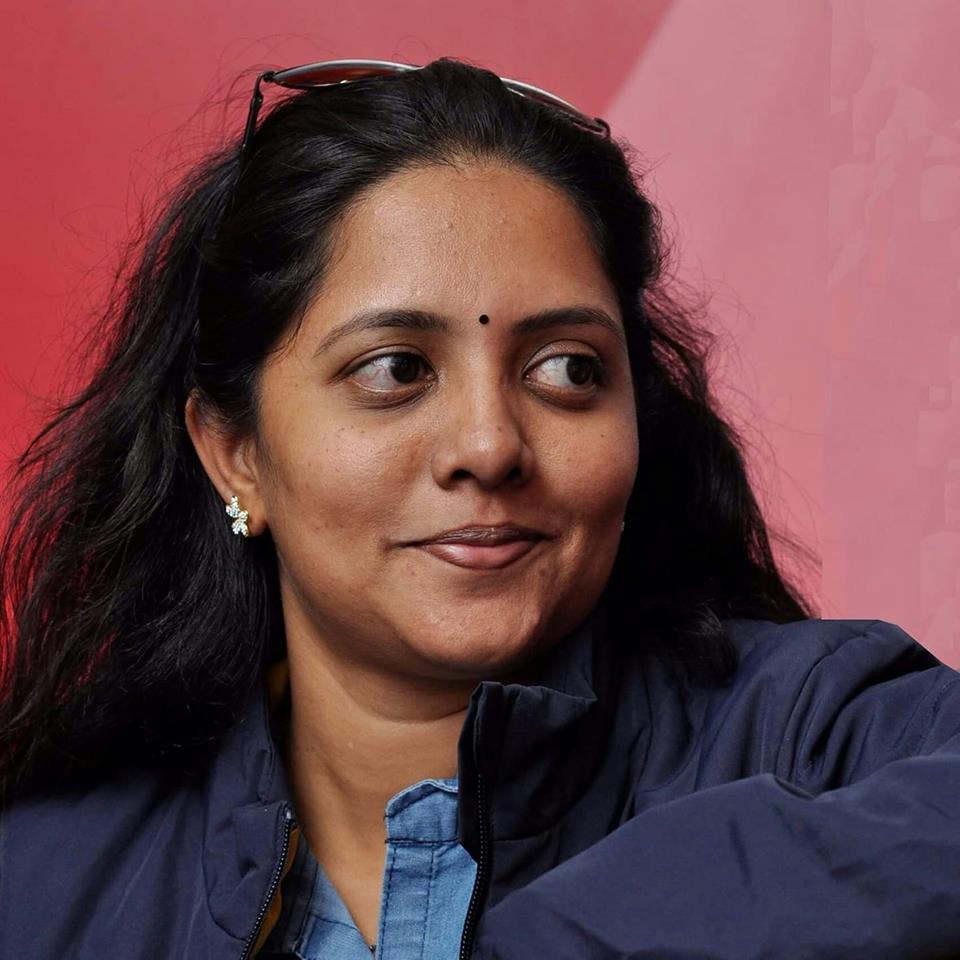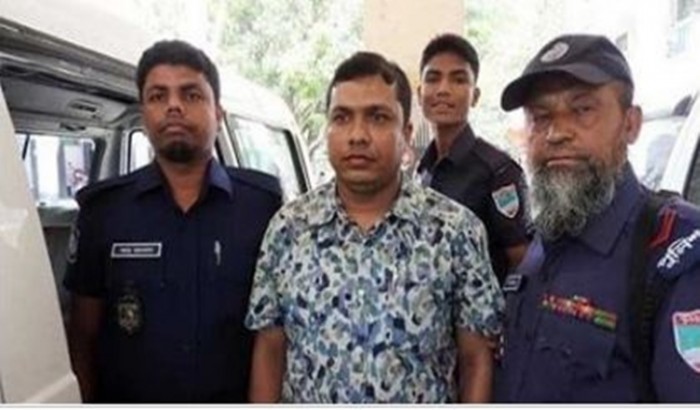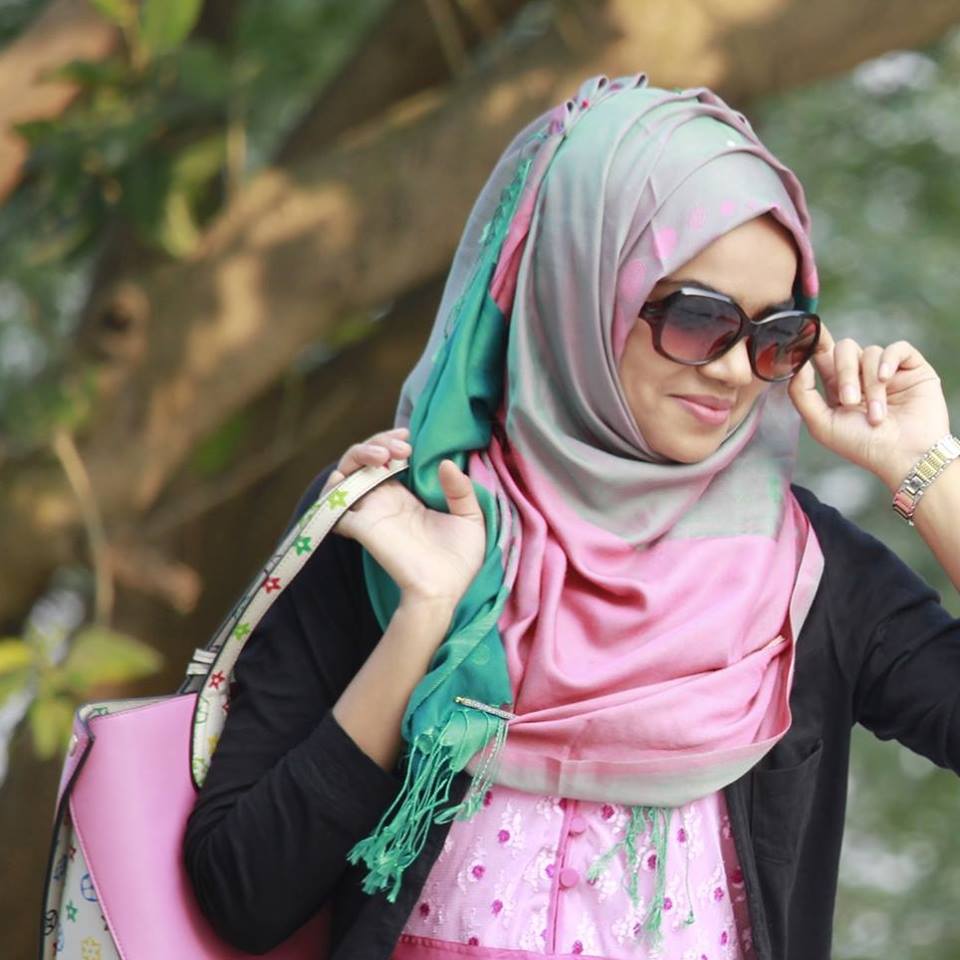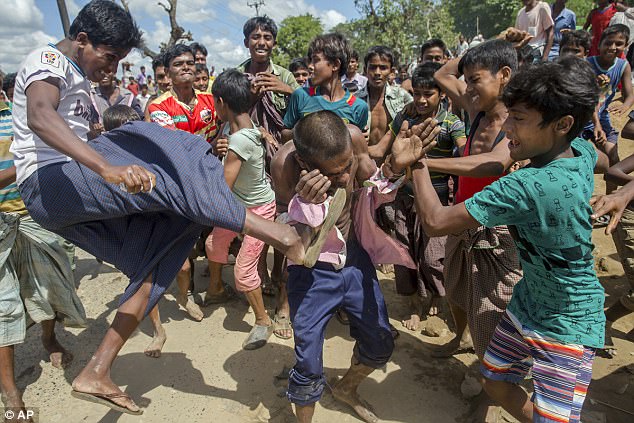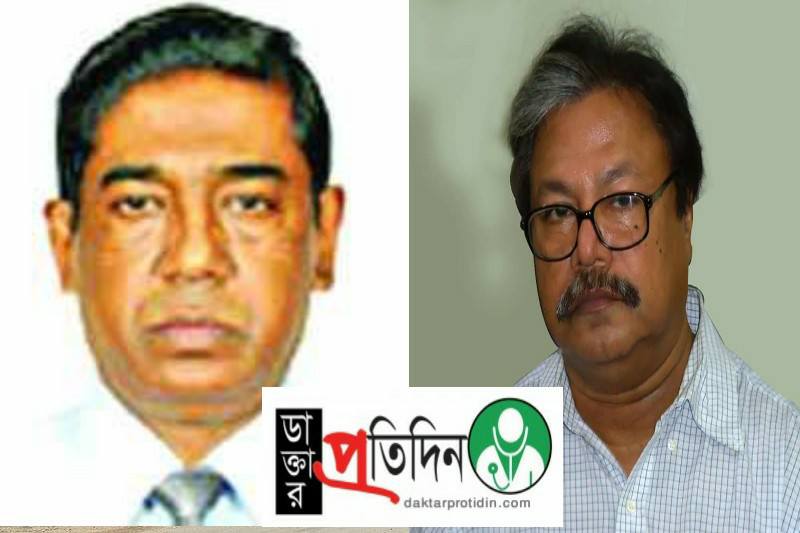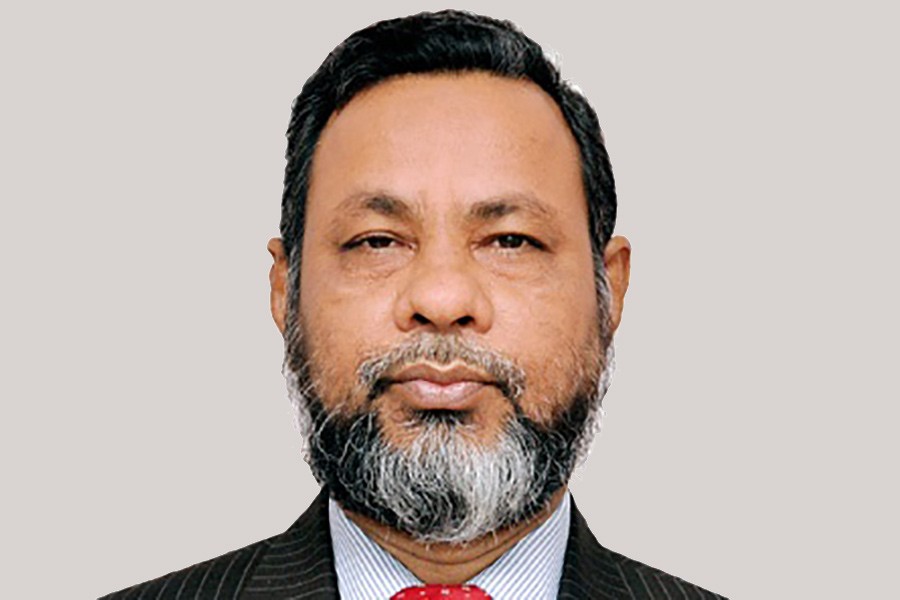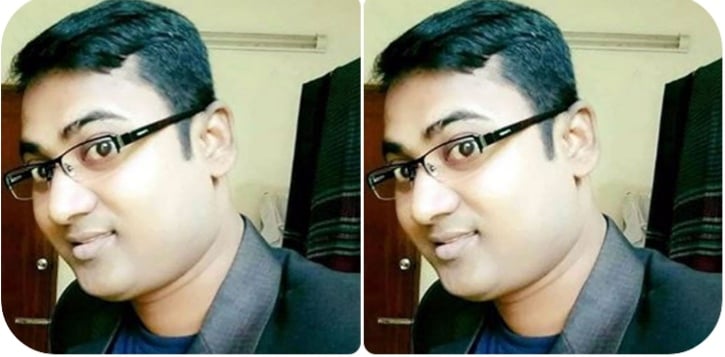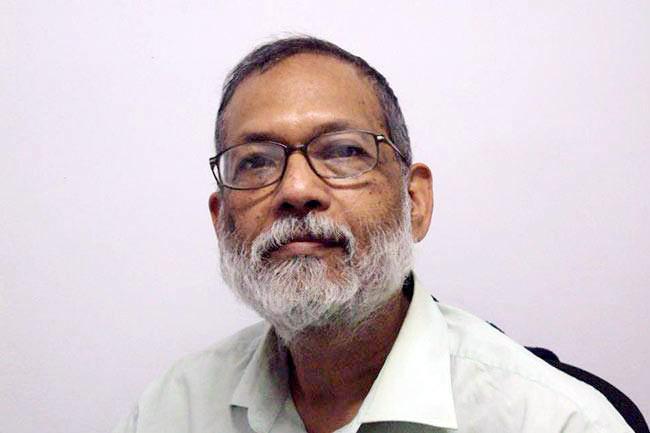Ameen Qudir
Published:2019-02-17 22:44:48 BdST
উপমহাদেশের প্রথম জাতি-ধর্মহীন নাগরিকের আইনী স্বীকৃতি পেলেন স্নেহা
ডেস্ক ঢাকা, সংবাদ সংস্থা
_____________________
জাতি-ধর্মের ভেদভেদহীন মানব সমাজের স্বপ্ন দেখেন তিনি। তথাকথিত ধর্ম ও জাতি বিষয়ে কোনওদিনই বিশ্বাস ছিল না তাঁর। জাতি-ধর্মের কচকচানি থেকে ঊর্ধ্বে ওঠে মানুষ হওয়ার শিক্ষা তিনি পেয়েছিলেন পরিবারের লোকজনের কাছ থেকেই। সেই মতো ২০১০ সালে নিজেকে ‘জাতি-ধর্মহীন’ ঘোষণা করার আবেদন করেছিলেন সরকারের কাছে। দীর্ঘ ন’বছর লড়াইয়ের পর নিজের দাবির প্রেক্ষিতে সরকারি স্বীকৃতি পেলেন তিনি।
তামিলনাড়ুর তিরুপাত্তুরের বাসিন্দা স্নেহা পার্থিবরাজা। বছর পঁয়ত্রিশের স্নেহা পেশায় আইনজীবী। সম্প্রতি তিরুপাত্তুরের তহশিলদার টি এস সাথিয়ামুর্তি স্নেহার হাতে তুলে দিলেন সরকারি শংসাপত্র। সেখানে লেখা, ‘তিনি কোনও জাতি বা ধর্মের অন্তর্গত নন।’ তিনিই ভারতবর্ষের প্রথম নাগরিক যিনি এই ধরনের কোনও শংসাপত্র পেলেন।
এই শংসাপত্র পাওয়ার পর এক সংবাদমাধ্যমকে স্নেহা বলেছেন, ‘‘জাতপাতে বিশ্বাসীরা যদি সরকার থেকে শংসাপত্র পেয়ে থাকেন, তাহলে আমরা যাঁরা জাতি ধর্মে বিশ্বাসী নই তাঁরা কেন পাব না?’’ তিনি আরও জানিয়েছেন, ২০১০ সালে করা তাঁর আবেদন খারিজ করে দেন সরকারি কর্তারা। কিন্তু তিনি ২০১৭ সালে ফের নিজের অবস্থান ব্যাখ্যা করেন সরকারি কর্তাদের কাছে। যেহেতু স্নেহা সামাজিক শ্রেণিভিত্তিক কোনও সরকারি সুযোগসুবিধা ভোগ করেন না, তাই তাঁর আবেদন গ্রহণ করতে বাধ্য হয় প্রশাসন।
স্নেহাকে শংসাপত্র দেওয়া নিয়ে তিরুপাত্তুরের সাব-কালেক্টর বি প্রিয়ঙ্কা পঙ্কজাম বলেছেন, ‘‘আমরা তাঁর স্কুল কলেজের সমস্ত নথি খতিয়ে দেখেছি। সেই সব নথিতে কাস্ট ও রিলিজিয়ন এই দু’টি কলাম সর্বত্র ফাঁকা ছিল। তাই আমরা তাঁর দাবিকে স্বীকৃতি দিয়েছি। যদিও এর জন্য অন্য নাগরিকদের কোনও সুযোগসুবিধা থেকে বঞ্চিত হতে হবে না।’’
এই লড়াইয়ে স্নেহা পাশে পেয়েছেন তাঁর স্বামী তথা লেখক কে পার্থিবরাজাকে। নিজেদের এই পরম্পরা পরবর্তী প্রজন্মের মধ্যে ছড়িয়ে দিতে নিজেদের তিন মেয়ের স্কুলের ফর্মে কোনও রকমের জাতি বা ধর্মের উল্লেখ করেন না তাঁরা।
নিজের এই বিশ্বাসকে সম্বল করেই ধর্ম-জাতির বৈষম্যহীন সমাজ গড়ার লক্ষ্যে এগিয়ে যাচ্ছেন স্নেহা।
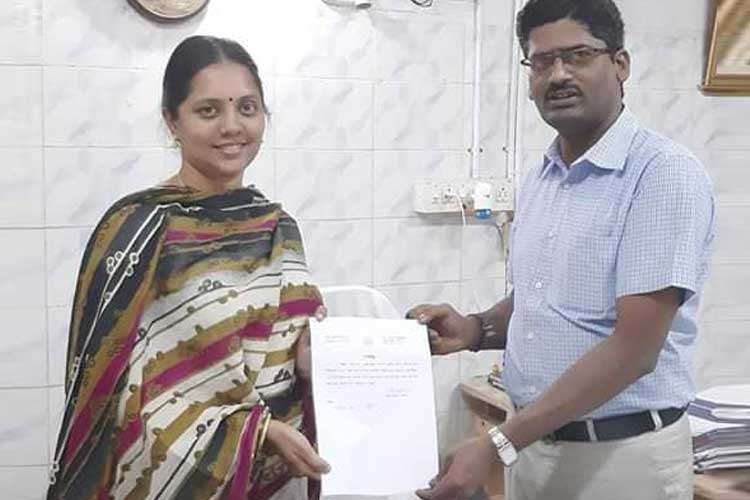
সংবাদ সূত্র:
TN Woman Fought for 9 Years to Get India’s 1st ‘No Caste, No Religion’ Certificate. Here’s Why
“You have actuated a long-dormant desire among Indians. Let’s discard what never belonged to us. Let’s caste away caste,” said actor Kamal Hassan on Twitter in praise of her actions.
by Rinchen Norbu Wangchuk
With the words—This is to certify that she does not belong to any caste or religion—from the Tehsildar of Tirupattur in Vellore district, Tamil Nadu, MA Sneha, a 35-year-old lawyer from the same town possibly became the first woman in the country to acquire an official ‘no caste, no religion’ certificate.
Ever since the news came through earlier this week, her phone has been ringing non-stop. Her story set social media abuzz. “You have actuated a long-dormant desire among Indians. Let’s discard what never belonged to us. Let us cast away caste. From this point, a better tomorrow will be more accessible,” tweeted the legendary actor-turned-politician Kamal Hasan in praise of her decision.
“I was brought up to think this way. My parents did mention any caste or religion in my birth and school certificates. They refer to me as an Indian and we were brought up with these values. My sister Jennifer, Mumtaz and I were given names from different religious denominations. We don’t belong to any religion or caste. I married Mr. Parthiba Raja, who is a revolutionary in his thoughts and beliefs, and we had a marriage devoid of any traditional religious ceremonies or any markers notifying caste,” says MA Sneha, in a conversation with The Better India.
The couple has named their three daughters in the same way Sneha and her sisters had been.
Following the footsteps of Sneha’s parents, the couple left the ‘caste’ and ‘religion’ columns blank in the school application forms of their daughters.
“So, this is my lifestyle from the beginning. If this is how we live, then why shouldn’t we get a ‘no caste, no religion’ certificate in place of a community certificate,” Sneha tells TBI.
A community certificate certifies that a person belongs to a particular minority community like Scheduled Caste, Scheduled Tribe, and other Backward Classes. Community certificate issued by the State Governments concerned is also known as caste certificate.
“It took me nine years to acquire this ‘no caste, no religion’ certificate. I was writing letters to the Tehsildar, requesting a no-community certificate in the beginning and they were rejected with barely a look. After multiple attempts, I applied by employing a procedure they use for a community certificate in 2017. They had to answer the letter as it was numbered. They initially said there was no precedent for it, besides raising points like, ‘what is the use of this certificate’ and ‘we cannot agree to give you one without any particular reason’,” informs Sneha.
The authorities told her that they could certify whether she belonged to a particular caste and religion, but not that she did not belong to any. They kept giving several reasons, but eventually, in the face of Sneha’s reasons and intentions, they relented.
Through the vetting process, Sneha convinced the authorities that she wasn’t going to use this certificate for any advantageous purposes, deny anyone else their rights or acquire any benefits from the government. “By this certificate, I wasn’t going to steal or take away any benefits from anyone else. It is my identity and an acknowledgment of my life,” she says.
This explanation convinced the Sub-Collector and Tehsildar of her intentions to get this certificate.
“She wanted to be certified as no caste and no religion. We had to check if her assertions were true. We verified all her school and college documents and found the two columns blank. So, though we found no precedent, we decided to go ahead and certify her as it will not affect anybody or take away another person’s opportunity,” said B. Priyanka Pankajam, Sub-Collector of Tirupattur, to The Hindu.
For Sneha, the rejection of religion and caste were values passed on from her parents. Though her father was brought up in a family of Marxists, her mother came from a traditional family. When Sneha’s mother was in school, she began reading the works of BR Ambedkar, Karl Marx, Periyar and a whole host of progressive thinkers. Her parents were classmates at Chennai Law College.
“They fell in love and got married. They dedicated their lives to fighting casteism, communalism and supporting the cause of the suppressed communities. That’s the reason why they named their daughters with the names we have and promoted progressive thinking at home,” tells Sneha.
In her pursuit of this certificate, she gives her husband K. Parthiba Raja, a Tamil professor, a lot of credit. “My husband was so encouraging and supportive. We have taken an oath to sacrifice our family’s wishes for social causes. He has always been my backbone,” she says.
Can any other citizen avail of this certificate?
“My records have always reflected no caste or religion. Those who have not had a caste or community mentioned in their certificates can follow the procedure I have. Those with a community certificate identifying them with a particular caste or religion must find a different way through the judicial system. Officials like the Sub Collector and Tehsildar don’t have the authority to revoke the certificates they have already given out. They must seek out the judicial system,” she explains.
Many have reached out to her seeking a way whereby they can also acquire a ‘no caste, no religion’ certificate. She is planning to discuss this with some advocates and file a writ on the same.
“Through the writ, I seek a judicial or government order which will hopefully lay out a procedure whereby people who are willing to get a ‘no caste, no religion’ certificate can acquire one. Not everyone can get this certificate. The authorities who I applied to used their discretionary powers. Not every Tehsildar and Sub Collector will encourage this sort of application,” she says.
Although elements like caste and religion create a sense of collective identity and community among some, they have often been used as a tool to divide people, resulting in violence, discrimination, and public unrest. Through her endeavours, Sneha is trying to forge a path for those who want to reject these tools of division.
But her fight isn’t done yet. There is still a lot to be done.
(Edited by Saiqua Sultan)
আপনার মতামত দিন:

